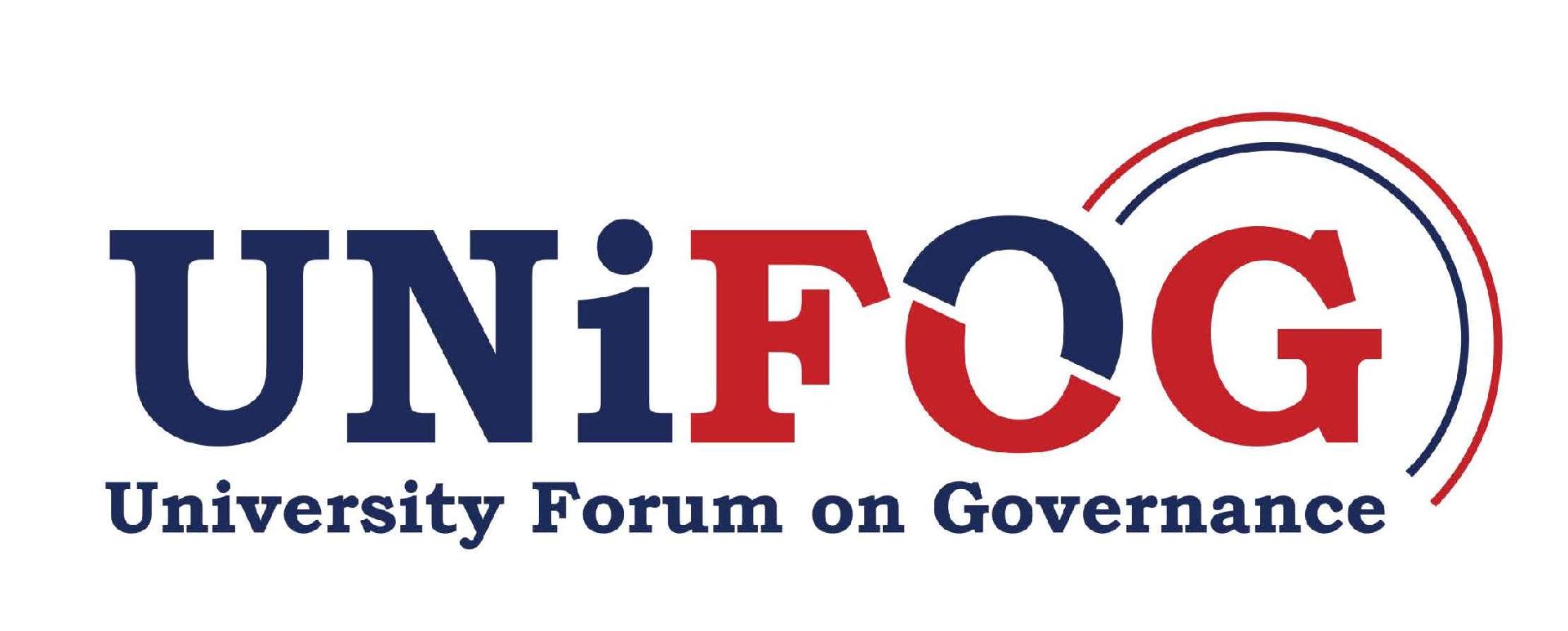Discussion
Details
Sixty percent (60%) of Africa’s population is under the age of 35 and with more than 20 elections taking place across sub-Saharan Africa in the next two years, the influence of young people cannot be overstated. Uganda, more than any other nation, cannot afford to ignore the voices of the youth given that more than 78% of the population is under the age of 35. This means that if their potential is harnessed, the youth can potentially contribute to democratic reform yet they can act to its detriment if they are ignored. Well as there are youth leadership platforms such as student leadership in institutions of higher learning, the national student’s association, their contribution to managing the affairs of their institutions is limited. These young leaders require space and need to demand for it so that they can be in a better position to account to their fellow students. As 2016 draws closer, different stakeholders are looking out for the most influential force to reckon with, and due to the sheer demographic figures, this happens to be the youth. In terms of the political process, young people of 18-30 years were more than half the voting population in 2011 and are expected to grow to a higher proportion of the voters in the next polls. Unfortunately, in the previous elections the youth have taken a back seat whereby they were only used by different camps to legitimize different clientelistic interests of different political camps. As a result, youth issues seldom make it on the agenda of the political debate and public policies. For this reason, measures that equip young people with the capacity to present their aspirations more effectively are not only timely, but also crucial for the overall democratic process of the county. It is on this premise that the student debate is being organized.
In respect of the foregoing, UNIFOG and KAS are using the student leadership elections, a traditional political process at Makerere University, to identify and support aspiring future leaders in improving their capabilities as well as to equip them with the confidence to champion democratic causes within the university setting and beyond. The debate aims at giving the candidates for the Makerere Guild Presidency an opportunity to display their talents, search for more information on key governance issues, and have the chance to defend their ideas and ideals in a public platform. In a uniquely set interactive fashion, UNIFOG and KAS intend to expose the young leaders to critical thinking, strengthen their communication and presentation skills as well as present them an opportunity to network, exchange and be inspired by some accomplished leaders, academics, and civil society actors in Uganda.
The debate is organized within the auspices of the guild presidential elections which take place at Makerere University each year. Besides the routine campaigning events, the debate is primarily concerned with giving both the candidates and the students a chance to interact. Not only will the candidates profit from the debate, as outlined above, but also will the other students have a chance to enquire what programmes the candidates stand for, what their ways forward for the university guild would be, how they perceive issues of good governance, and in which way they would engage as student leaders. This will help the students make an informed decision come election day, which will be a valuable experience for them and can influence their behavior during the upcoming general elections in 2016. It is also worth noting that student leaders at Makerere University typically transit into national leaders, the programme therefore has a potential spillover effect to the country. The debate takes a look at the process beyond student politics and considers the potential of those that come out to seek leadership in taking up more challenging roles within the Ugandan society and beyond.
The debate targets various actors, the first being aspiring presidents of the Makerere University Students’ Guild. The audience will be comprised of high level actors in the university administration, leaders of different political parties, members of parliament and civil society, and former guild leaders. A significant party of participants will be constituted by students of Makerere University as well as media representatives.




